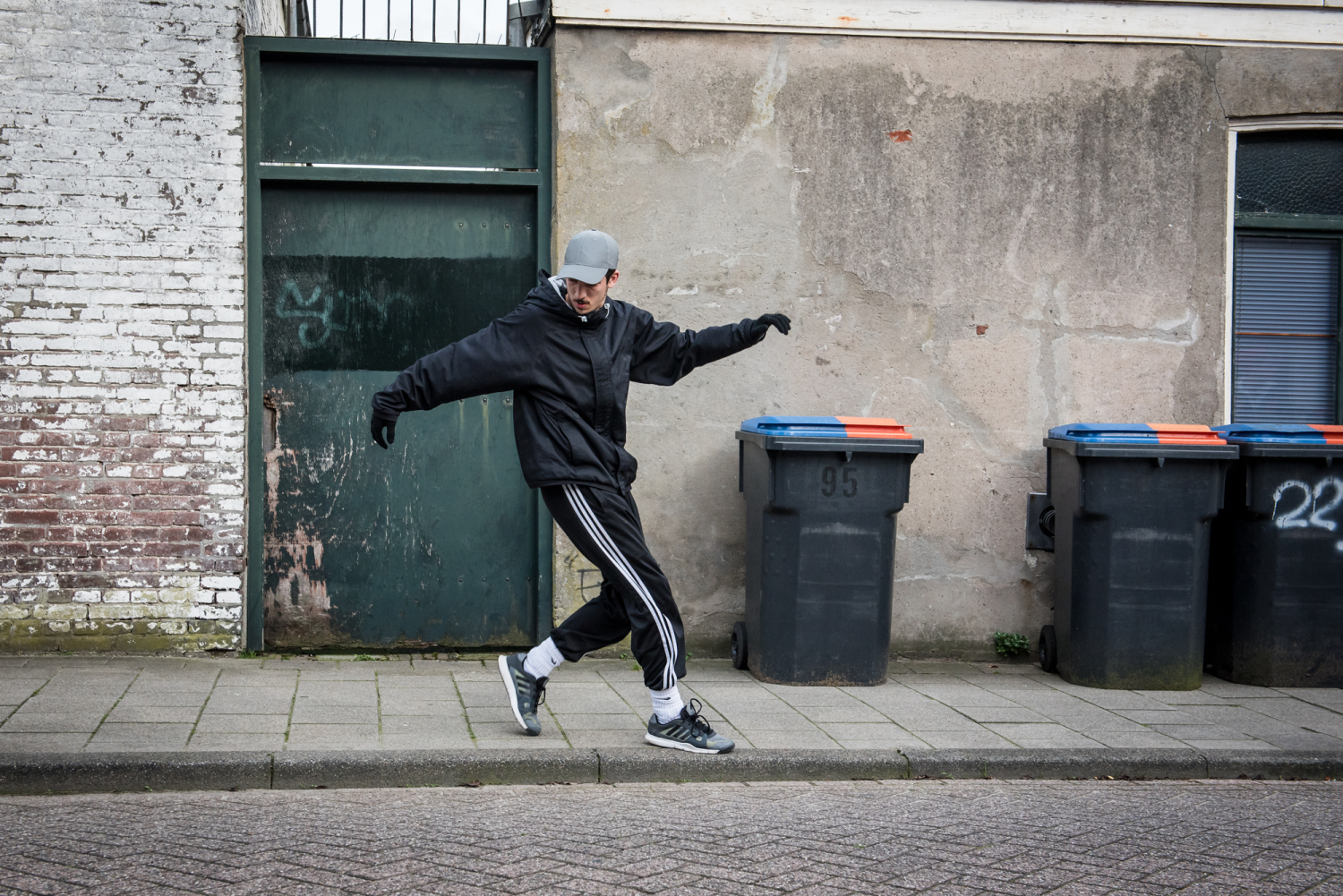Dance Platforms and Showcases
save the dates
International dance platforms and choreographic showcases in Europe you might not want to miss.
More
A major undertaking of research into living and working conditions in the dance sector on the island of Ireland.

The Dance Counts report provides much needed information and evidence to support the sector's shared call for increased support and investment in dance as an inclusive art-form, and as a central part of life and culture on the island of Ireland.
It highlights the ongoing challenges faced by dance artists and arts workers across the island of Ireland across four key areas:
1. The Costs of Dance – exploring the financial precarity of a career as a performer or maker, the real costs in producing dance, and the lack of funding parity across borders and with other art forms.
2. Spaces for Dance – examining where individuals access dance work, the quality and experience of those sites, and the importance of space for dancing with others.
3. Wellbeing and Caring – considering areas such as work-life balance, physical wellbeing and the impact of juggling caring responsibilities and work in dance.
4. Education and Training – addressing the ongoing issues related to training and continued professional development for those pursuing or seeking to pursue a career in dance.
The report employed a unique methodology using mixed methods in dance and social science, including embodied qualitative research from dancers. The research raised the issue of the discrepancy in funding opportunities for dance artists North and South of the border, with these being significantly more limited in Northern Ireland. The report highlighted that limited full-time professional dance training is a barrier to the development of dance on the island to which respondents also drew attention to the need to integrate dance education into the school curricula.
Data outlined in the report include:
Even with the data collection capturing the specifics of the Irish context, the findings are relevant to everyone professionally involved in embodying and sustaining working conditions in dance.
The Dance Counts Report is co-authored by Dr Peter Campbell (University of Liverpool), Dr Victoria Durrer (University College Dublin), and Dr Aoife McGrath (Queens University Belfast), and is part of a wider body of research initiated with the Co-Motion Conference held in Belfast (2019). This includes the Dance Think Tanks Report by McGrath (2020) commissioned by Dublin Dance Festival, Dance Limerick, and Dance Ireland; the Dance Counts Survey 2021 by Campbell, and Dance Conversations by Durrer and McGrath (2021), a study supported by the Department for Tourism, Culture, Arts, Gaeltacht, Sport, and Media under the Cooperation with Northern Ireland Funding scheme.